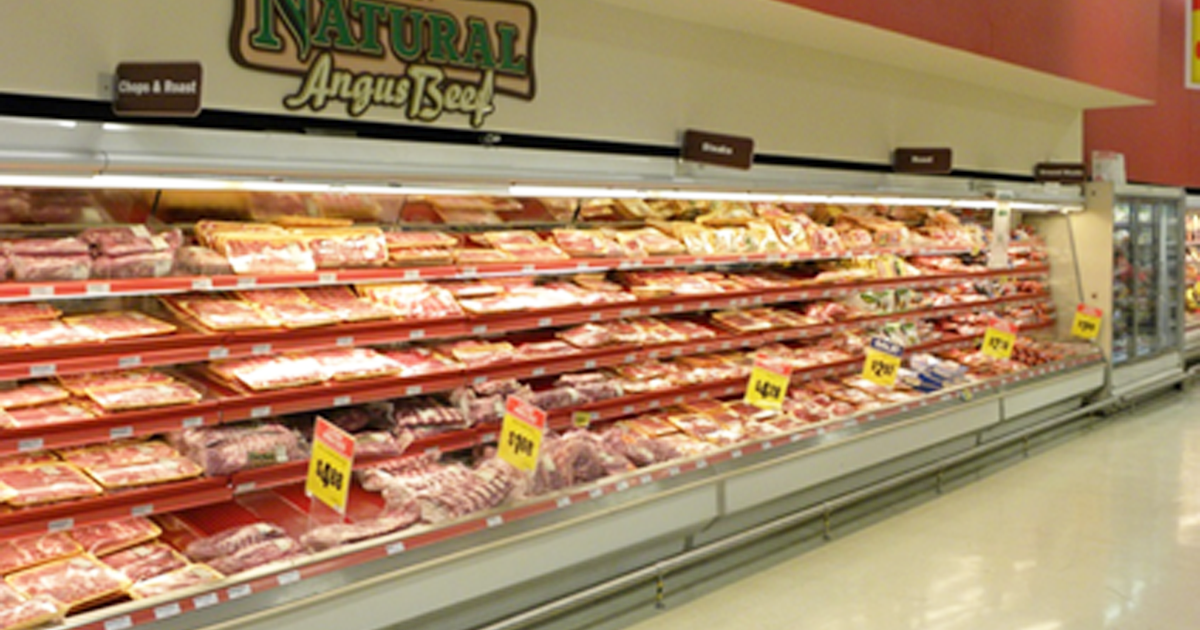When we think of poultry, we often focus on the chickens in our backyards or the eggs in our kitchens. But did you know that poultry plays a much larger role on the global stage? It’s not just about fresh eggs and fried chicken—poultry is a cornerstone of food security, the economy, and even environmental sustainability worldwide. Today, let’s take a deep dive into why poultry is so important on a global scale and how it impacts everything from our dinner plates to international trade.
Food Security: Feeding a Growing World
One of the most significant contributions of poultry to the world is its role in food security. With the global population projected to reach nearly 10 billion by 2050, ensuring everyone has access to affordable, nutritious food is a massive challenge. Poultry—especially chickens—plays a key role in meeting this demand.
Poultry is one of the most accessible and affordable sources of high-quality protein. Unlike beef or pork, which require significant resources to produce, chickens and other poultry species are relatively efficient at converting feed into meat. This makes them a sustainable option for feeding large populations, particularly in developing countries where resources may be limited.
In fact, poultry production has become a lifeline in regions where food insecurity is high. The rapid growth cycle of chickens means that farmers can quickly produce meat and eggs to feed their families and local communities. This not only improves nutrition but also provides a vital source of income for small-scale farmers.
Economic Impact: Poultry as a Global Industry
The global poultry industry is worth billions of dollars, making it a significant contributor to the world economy. From small family farms to large commercial operations, poultry production supports millions of jobs around the world.
For many countries, poultry is not just a local commodity—it’s a key export. Countries like the United States, Brazil, and China are among the largest poultry producers and exporters in the world. Poultry exports play a critical role in international trade, helping to stabilize food supplies and drive economic growth in both exporting and importing nations.
Additionally, poultry farming is a gateway for many individuals and families to enter the agricultural sector. Poultry farming doesn’t require large tracts of land or huge amounts of capital to get started. This makes it an attractive option for smallholder farmers, particularly in developing countries where agriculture remains a primary source of livelihood.
Environmental Sustainability: Poultry’s Low Impact
When we think about sustainable agriculture, poultry is often overlooked. However, chickens are among the most efficient livestock when it comes to feed conversion—the amount of feed needed to produce a unit of meat or eggs. This makes them an environmentally friendly, and economical option for meeting the world’s growing demand for protein.
Nutrition: A Source of Vital Nutrients
Poultry, particularly chicken and eggs, is not just an affordable protein source—it’s also packed with essential nutrients. Chicken provides a rich source of vitamins and minerals, including B vitamins, selenium, and zinc, all of which are crucial for maintaining a healthy immune system, promoting growth, and supporting overall well-being.
Eggs, often called “nature’s multivitamin,” contain nearly every nutrient the human body needs, from high-quality protein to healthy fats, vitamins, and minerals. For people in developing countries, where access to diverse diets can be limited, poultry and eggs can play a crucial role in preventing malnutrition.
Health and Disease Prevention: Managing Global Poultry Health
The global poultry industry also plays a crucial role in animal and human health. The close monitoring and management of poultry health are essential to preventing the spread of diseases that can impact both animals and humans. Diseases like Avian Influenza can have devastating effects on poultry populations and, in some cases, may even pose a threat to humans.
Innovations in poultry vaccination, biosecurity measures, and disease control have been crucial in keeping poultry populations healthy and preventing disease outbreaks. These measures not only protect the poultry industry but also help to safeguard public health on a global scale.
Cultural Importance: Poultry Beyond the Farm
Beyond food and economics, poultry holds cultural significance in many parts of the world. In some cultures, chickens are not just a source of food but also play roles in rituals, traditions, and festivals. Whether it’s celebrating a special occasion with a roast chicken or using eggs in symbolic ceremonies, poultry has embedded itself into the cultural fabric of societies around the world.
In countries like Ethiopia, for example, chickens are often considered a form of wealth and social status. Families that own chickens are viewed as more prosperous, and poultry ownership can enhance a family's standing in the community.
Final Thoughts: Poultry’s Global Impact
It’s clear that poultry plays a critical role in the world, far beyond what we see in our backyard coops or local grocery stores. From feeding millions of people to supporting economies and promoting sustainable agriculture, poultry is at the heart of global food systems.
Whether you’re raising chickens at home or contributing to the industry on a larger scale, remember that poultry farming is not just about caring for your flock. It’s about contributing to a global effort to feed, sustain, and improve lives around the world.
Poultry is more than just a meal—it’s a force for global change.
References and Cited Source:
Waldroup, P. W., Smith, T. K., & Payne, J. D. (2019). The Global Importance of Poultry. Poultry Science, 78(5), 737-747.

